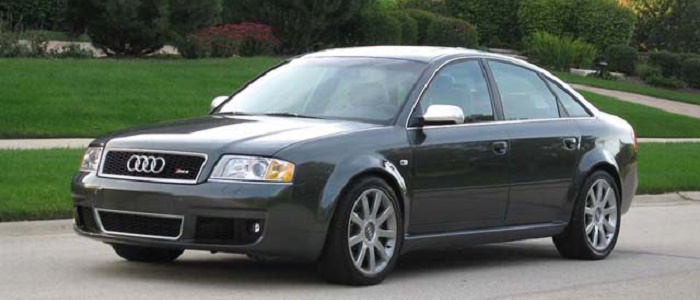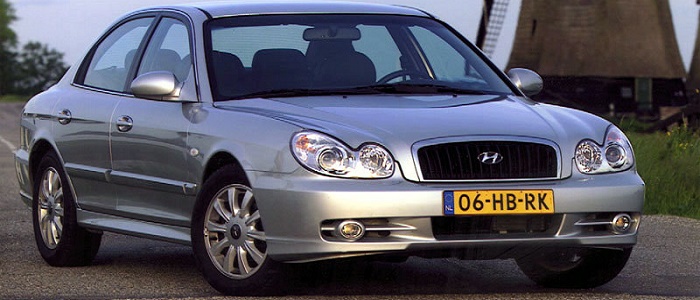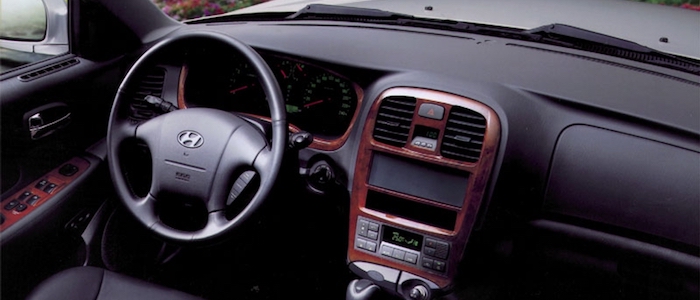Compare two cars
Compare any two cars and get our Virtual Adviser™ opinion
Dimensons & Outlines
Engine
Performance (manual gearbox)
Performance (automatic gearbox)
Expenses
Virtual Adviser's™ opinion
Two significantly similar cars, no doubt about that. Still, each one has something different to offer. Having both cars powered by petrol engines and utilizing the 4-door sedan body style within the same 'Luxury car' segment, the only major difference here really is their wheel drive configuration (4 x 4 for the Audi and front in the case of the Hyundai). The first one has a Volkswagen-engineered powertrain under the hood, a 8-cylinder, 40-valves 340hp unit, while the other one gets its power and torque from a 6-cylinder, 24-valves 175hp engine designed by Hyundai.
SafetyThe fact that the Audi got tested by the European New Car Assessment Programme (Euro NCAP), while the other contender didn't, isn't really an advantage, taken the poor 3-star rating it received. That aside, let's consider some other aspects which affect safety. Both vehicles belong to the luxury car segment, which is generally a very good thing safety-wise, but it doesn't do much to help us decide between the two. Furthermore, when it comes to weight, a factor that most people underestimate, the German car offers a considerable difference of 22% more metal.
ReliabilityI don't like generalizing things when it comes to reliability, although it does seem that Hyundai as a brand displays somewhat better results, all the models observed together. That's the official data, while our visitors describe reliability of Audi with an average rating of 4.2, and models under the Hyundai badge with 4.5 out of 5. Independent research findings rank A6 as average reliability-wise, and Sonata is more or less at the same level.We should definitely mention that owners of cars with the same powertrain as the German car rank it on average as 3.0, while the one under the competitor's bonnet gets 5.0 out of 5.
Performance & Fuel economyAudi is undoubtly more agile, reaching 100km/h in 3 seconds less than its competitor. In addition to that it accelerates all the way to 250 kilometers per hour, 40km/h more than the other car. When it comes to fuel economy an obvious choice would be the Korean car, averaging around 10.7 liters of fuel per 100 kilometers (26 mpg), in combined cycle. That's 34% difference compared to the German car!
Verdict
Hyundai is apparently more reliable, not too much, but just enough. The most important thing when deciding between any two vehicles should always be safety, both passive and active. In my opinion, everything taken into account, the German car beats the other contender by far, making it the best choice without even considering other things. It all continues in the same direction, with Audi outracing its opponent in any situation possible, making it better choice for boy racers. It does come at a cost though, and that's the fuel consumption... It's really tough to make a final decision here, but if I'd need to, I'd say Audi. Anyway, that's the most objective conclusion I could've came up with and it's based solely on the information found on this website. Aspects such as design, practicality, brand value and driving experience are there for you to measure them out. In case you have two minutes to spare I invite you to define your needs, desires and budget and see which car would be chosen by the virtual adviser™, among more than 12.000 different ones in our database.


































